If you’re growing a lot of bamboo, you’ll eventually find yourself with a lot of bamboo leaves. So once in a while, I hear from gardeners and farmers who want to know what to do with all those leaves. If you’re used to eucalyptus trees with their allelopathic leaves, or conifers with their annoying needles, you might be worried about the accumulation of bamboo leaves. But rest assured, there’s no need to fret.
Bamboo leaves are harmless for your garden and actually offer a variety of benefits. By allowing them to accumulate on the ground, bamboo leaves can nourish the plants, build up the topsoil, and help retain moisture around the roots. Excessive leaves that might fall from unusually tall timber bamboo make a fine addition to the compost heap. And fresh leaves, harvested before they’ve dried and fallen from the plant, can be made into a delicious and nutritious tea, especially high in silica.
When bamboo leaves fall
Most species of bamboo are evergreen. So unlike deciduous trees, whose leaves turn color and fall in the autumn, bamboo will keep its leaves, even in a freezing winter. (And yes, there are plenty of bamboo varieties that can survive a freezing winter.)
But over time, bamboo leaves naturally age, dry out, and drop. Mostly this happens in the springtime, which may come as a surprise, and might even cause concern for some gardeners. But don’t worry, if your bamboo looks healthy and starts dropping leaves at the onset of the growing season, it’s perfectly ok.
Like most plants and trees, bamboo goes into a growth cycle in the springtime. In addition to sprouting new shoots from the ground, the branches will also produce new leaves at this time. And because the plants keep their leaves over winter, it’s the new spring growth that will cause the previous year’s leaves to fall off.

How bamboo leaves benefit the soil and garden
Dense, bushy foliage is one of the signs of a healthy bamboo specimen. But lots of leaves on the bush will eventually translate into lots of leaves on the ground. A meticulous gardener may find this leafy litter disconcerting. But leaving the fallen leaves on the ground and allowing them to decompose around the base of the plant is actually very beneficial.
Bamboo leaves don’t contain any toxic or irritating oils the way some leaves do. As they gather on the ground, they provide a useful layer of mulch that insulates the topsoil and the shallow root system. The mulch is especially valuable for keeping the roots moist in the summer and warmer in winter.
As they degrade, the leaves also contribute to healthier topsoil. Bamboo leaves gradually break down into microorganisms that form humus. For this reason, bamboo makes a good pioneer crop, building up more robust topsoil in areas where the terrain has been degraded by erosion or over-farming.
Collecting bamboo leaves for the compost
When growing timber bamboo, any variety that’s more than 20 or 30 feet tall, you’ll probably have the wind carrying leaves across the rest of your garden. Again, this should be no cause for concern. However, if the leaves scatter across your well-manicured lawn, you might feel the need to rake them off.
You can collect these leaves and add them to your compost, or use them to mulch other areas of the garden. Bamboo leaves dry out very quickly, and they are generally already somewhat dry by the time they fall. Therefore, they are a useful addition to a wet compost pile consisting mostly of fresh kitchen waste and yard trimmings.
When a compost pile is too moist, it gets slimy and doesn’t break down properly. Likewise, when it’s too dry, like a crunchy pile of leaves, it turns inert and doesn’t do anything. It’s best to use what we call the lasagna method, with alternating layers of nitrogen-rich wet waste and carbon-rich dry waste.
Fresh bamboo leaves for a medicinal tea
Bamboo leaves aren’t just healthy for your topsoil and your compost heap. When gathered fresh, green bamboo leaves are super high in silica and make a great medicinal tea.
Dry leaves that have already browned and fallen to the ground won’t have the same good flavor or health benefits. So it’s best to collect them by hand from the stalks and branches. On a commercial scale, this can be tedious and enormously labor-intensive. But for preparing individual batches of bamboo tea, a few good handfuls should suffice.
Silica is essential for the production of collagen. Collagen is a key component in the body’s connective tissues, including skin, hair, bones, nails, and cartilage. Bamboo tea, therefore, is a popular natural remedy for arthritis.
You can steep the green leaves in boiling water or immerse them in cold water, according to your personal preference. It’s unclear which method confers the greater health benefits, but either one will extract silica from the bamboo. Drink it straight or add honey to sweeten the earthy flavor of bamboo, or a squeeze of lemon if you like.
Selling your bamboo leaves
Now that you know that every piece of the bamboo plant is useful, why not try and monetize your bamboo farm a bit more. As a matter of fact, with the right connections, you can even sell your leaves.
Juno Bamboo Water, based in the UK, makes an energy drink infused with bamboo. And in order to keep production flowing, they require a steady supply of bamboo leaves. But that’s not as easy as it sounds. So if you’re looking to make an extra few bucks from your bamboo plantation, you can try harvesting a truckload of fresh, green leaves.
Unfortunately, that’s not as easy as it sounds either. But if you’ve got the acreage of bamboo and the necessary patience, it may be worth your while.
Typically, Juno tries to source its bamboo leaves from Europe.
Fall forward and follow up
If you appreciated these tips and suggestions on what to do with bamboo leaves when they fall, you’ll want to check out more of our informative articles. Take a look at these stories to learn more about the basics or to dive deeper into the world of bamboo.

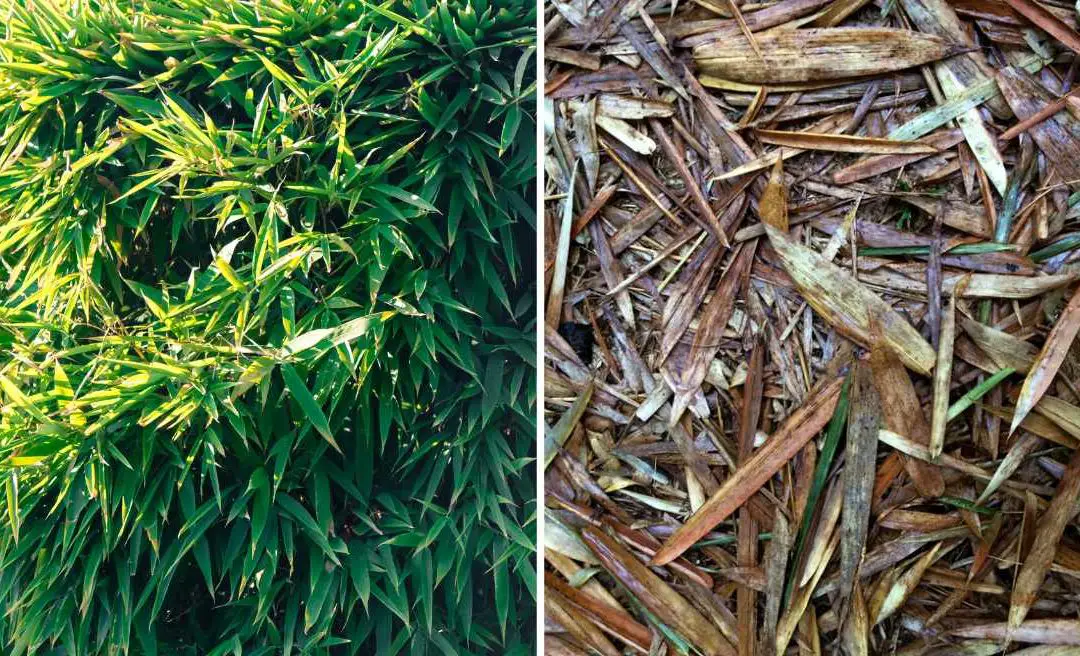








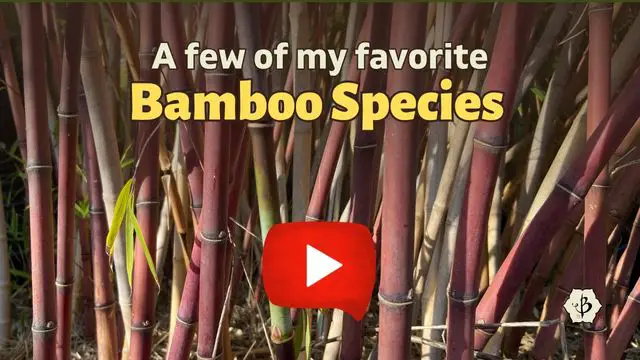
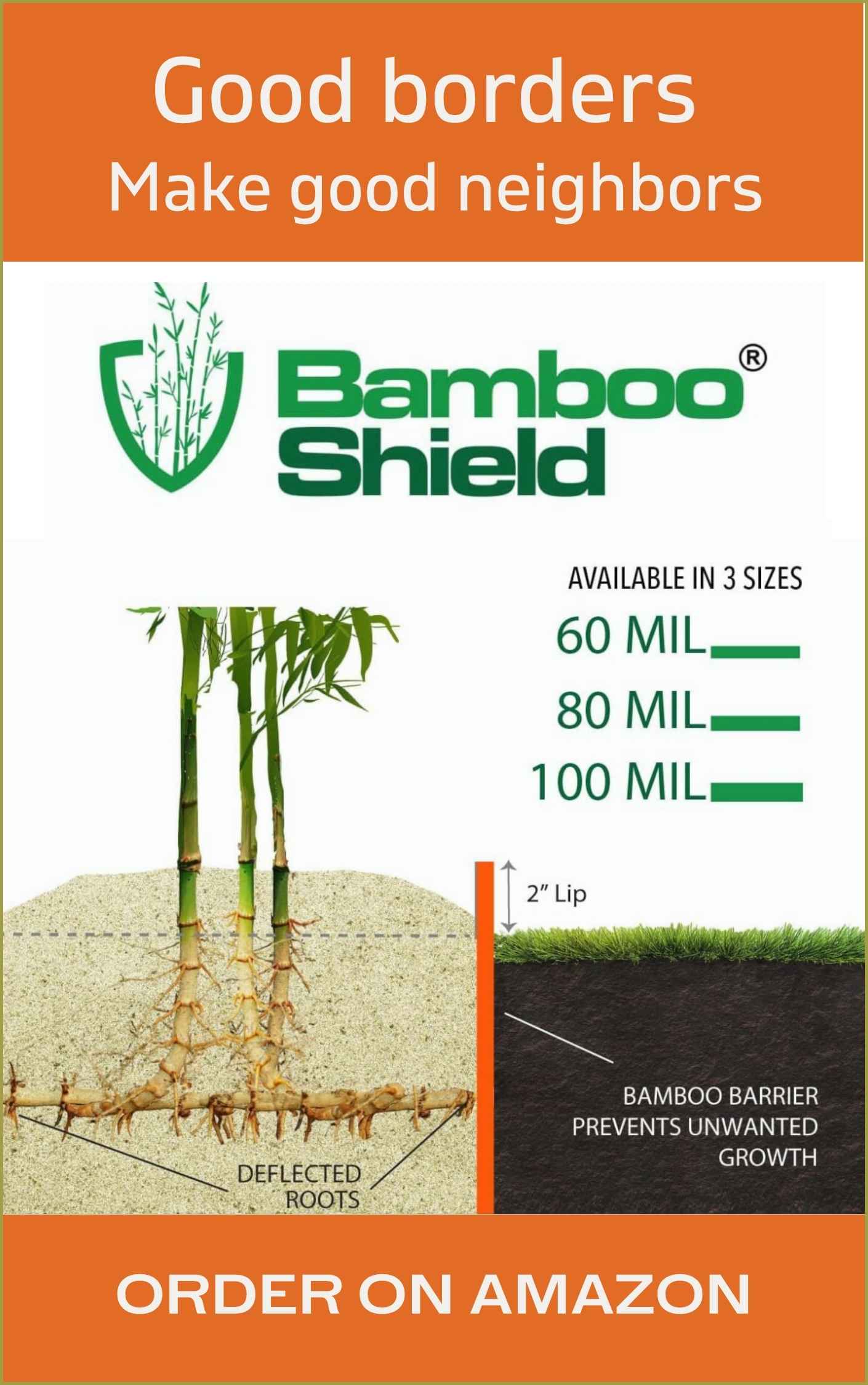

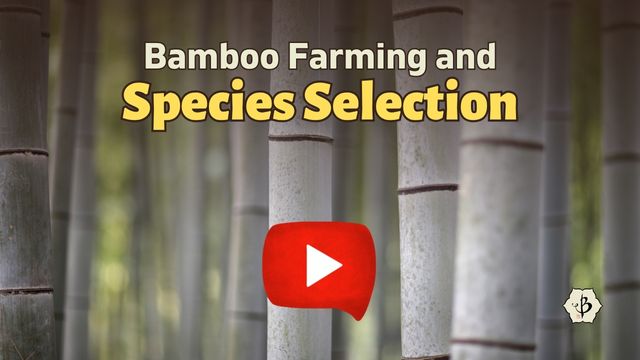

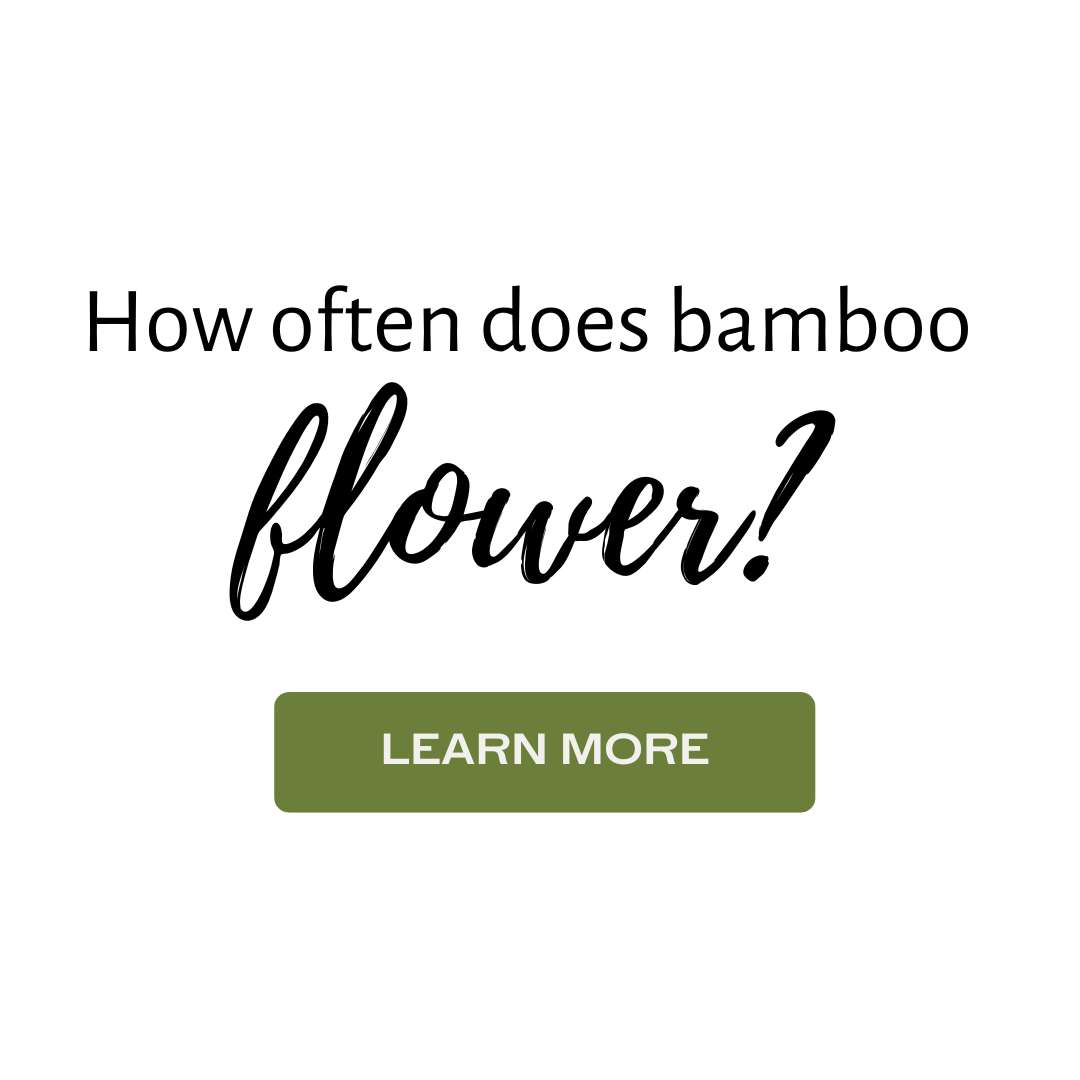



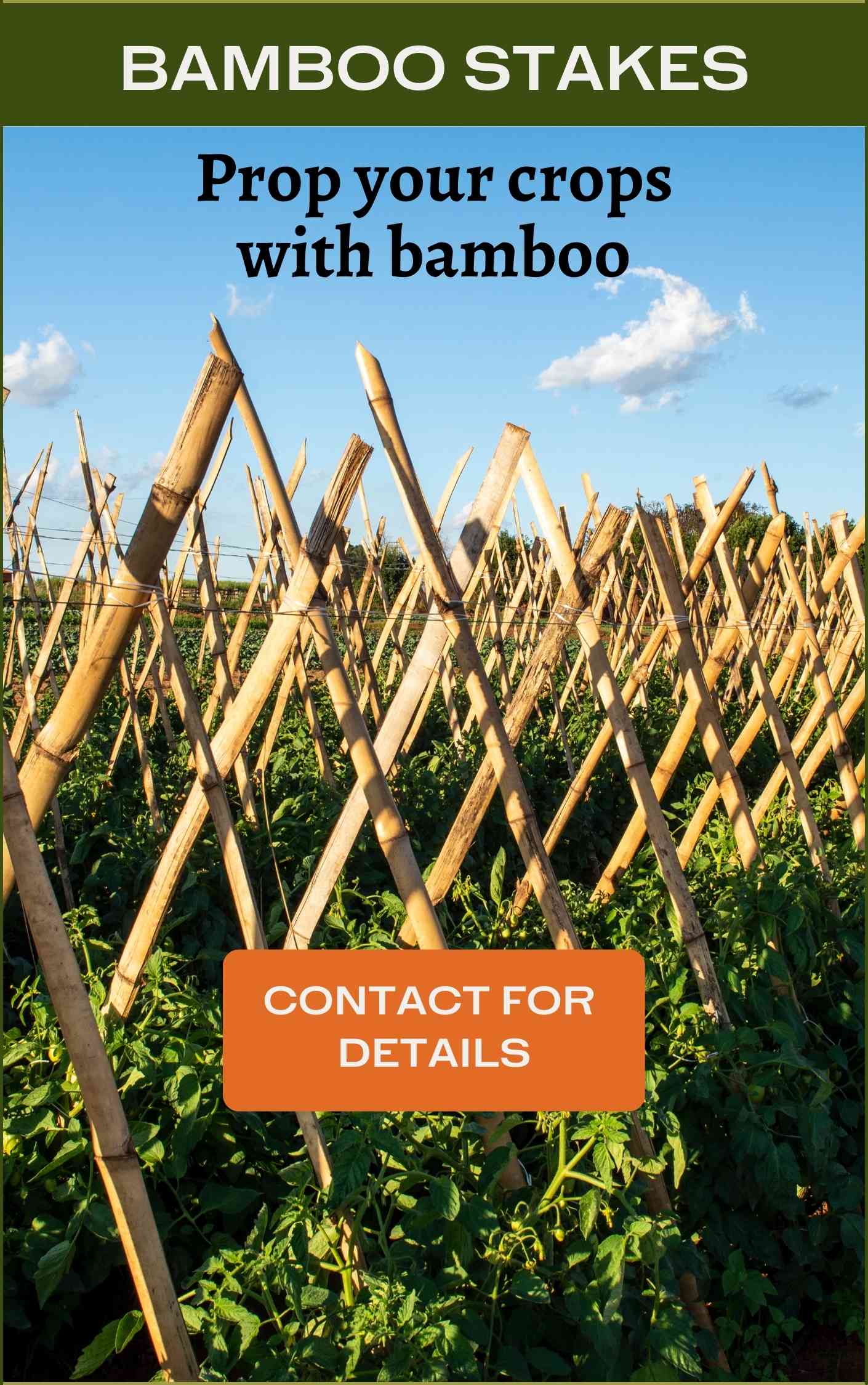





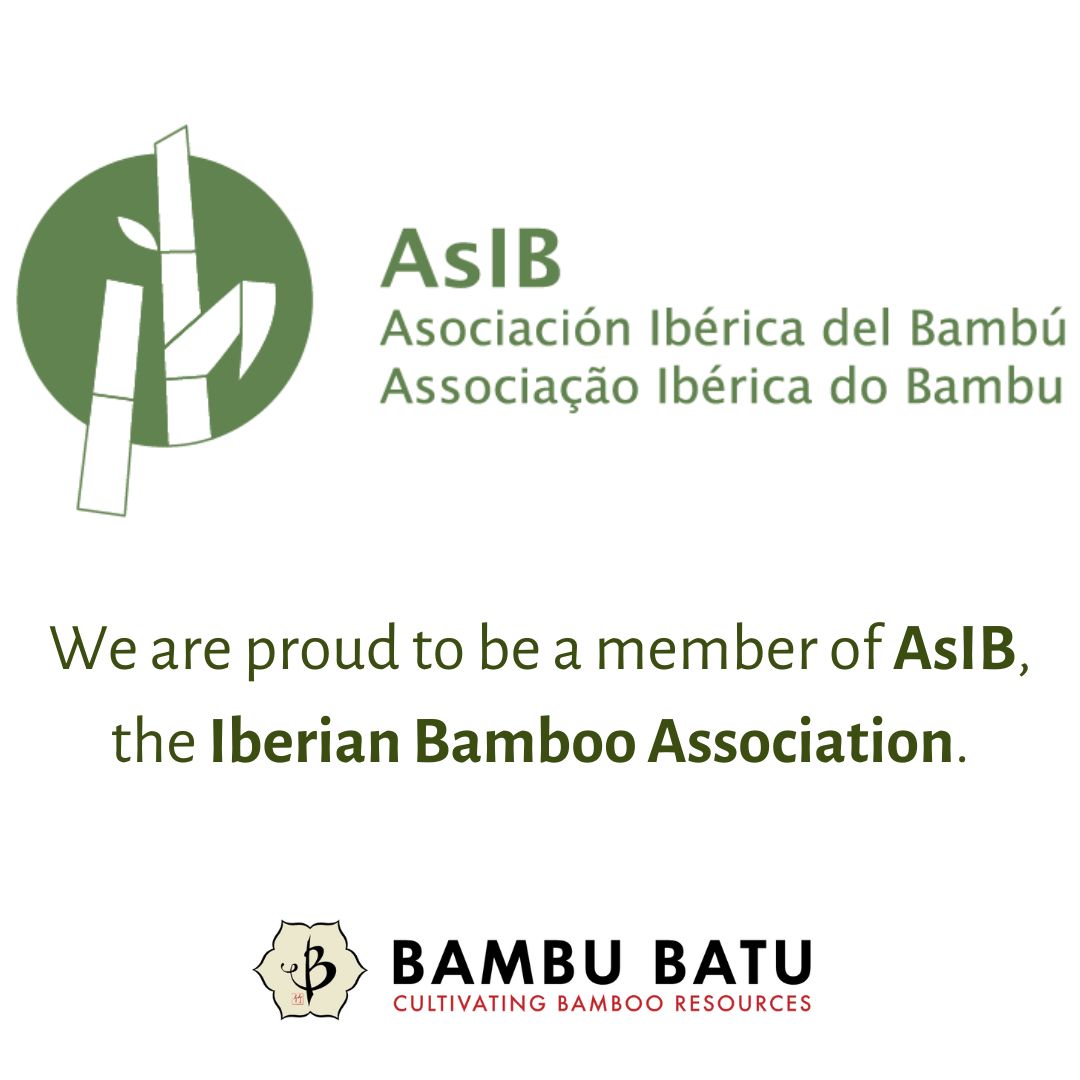
Great information Fred any time I might have a thought or a question about Bamboo . I’ll look it up. It seems like you have something to do with it or some information about it. Keep it up man. Thanks.